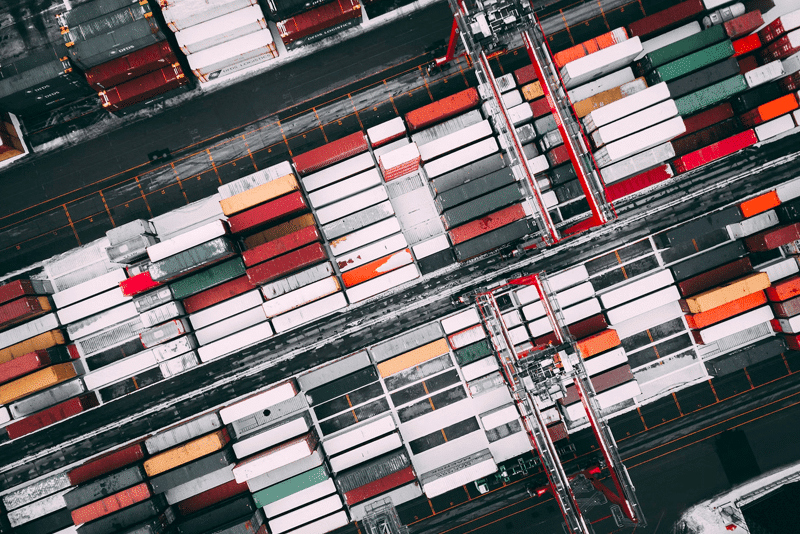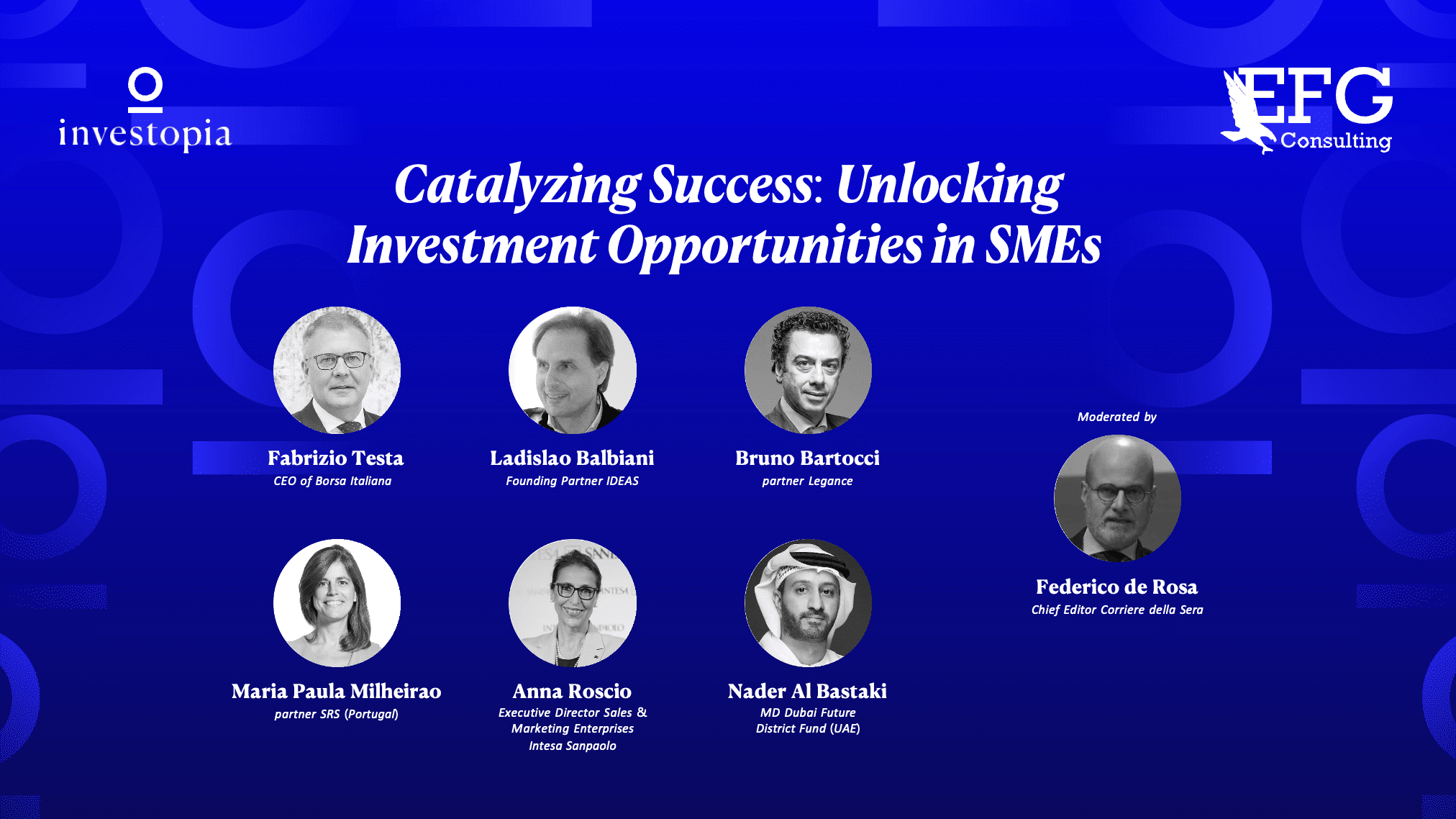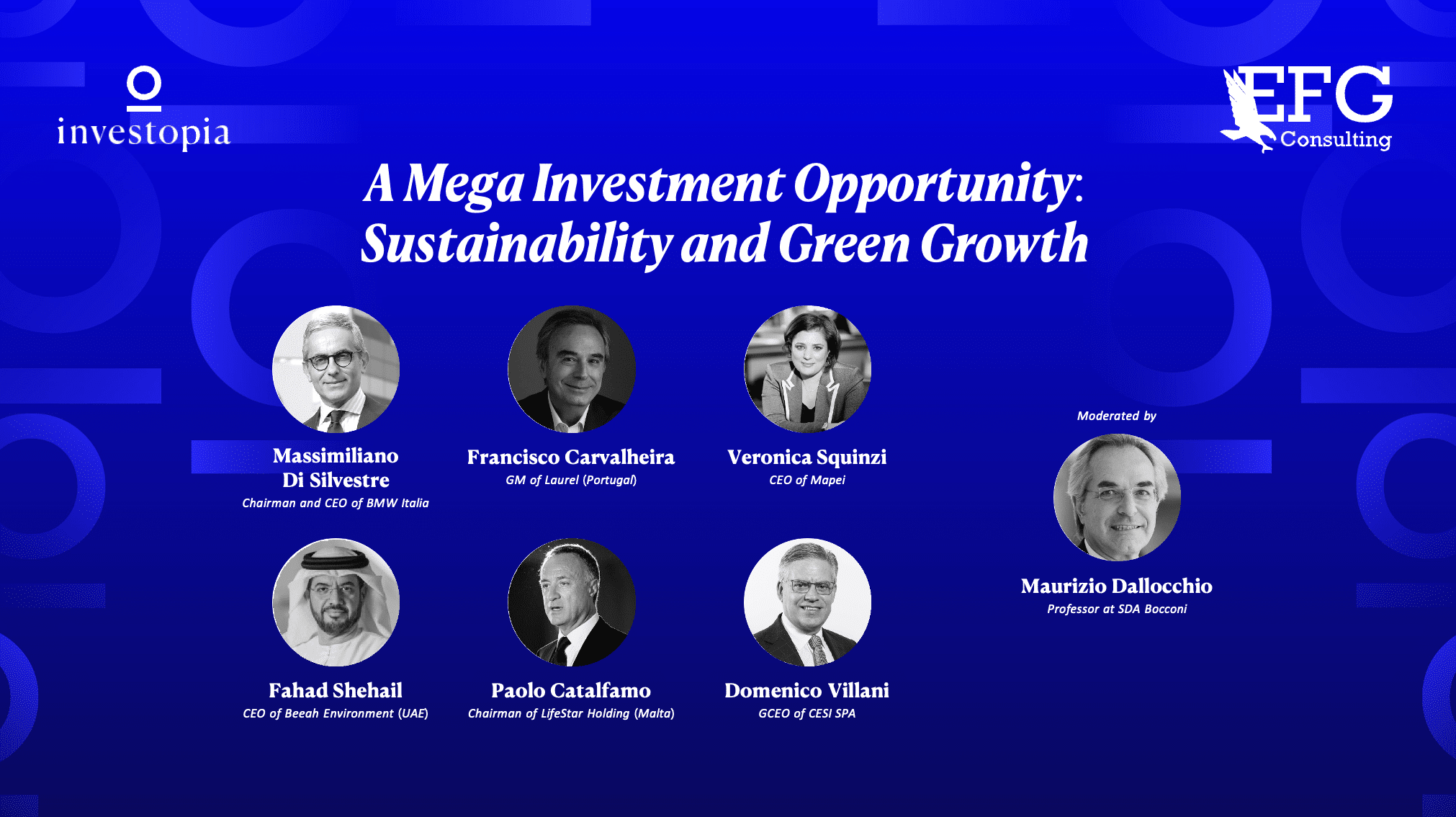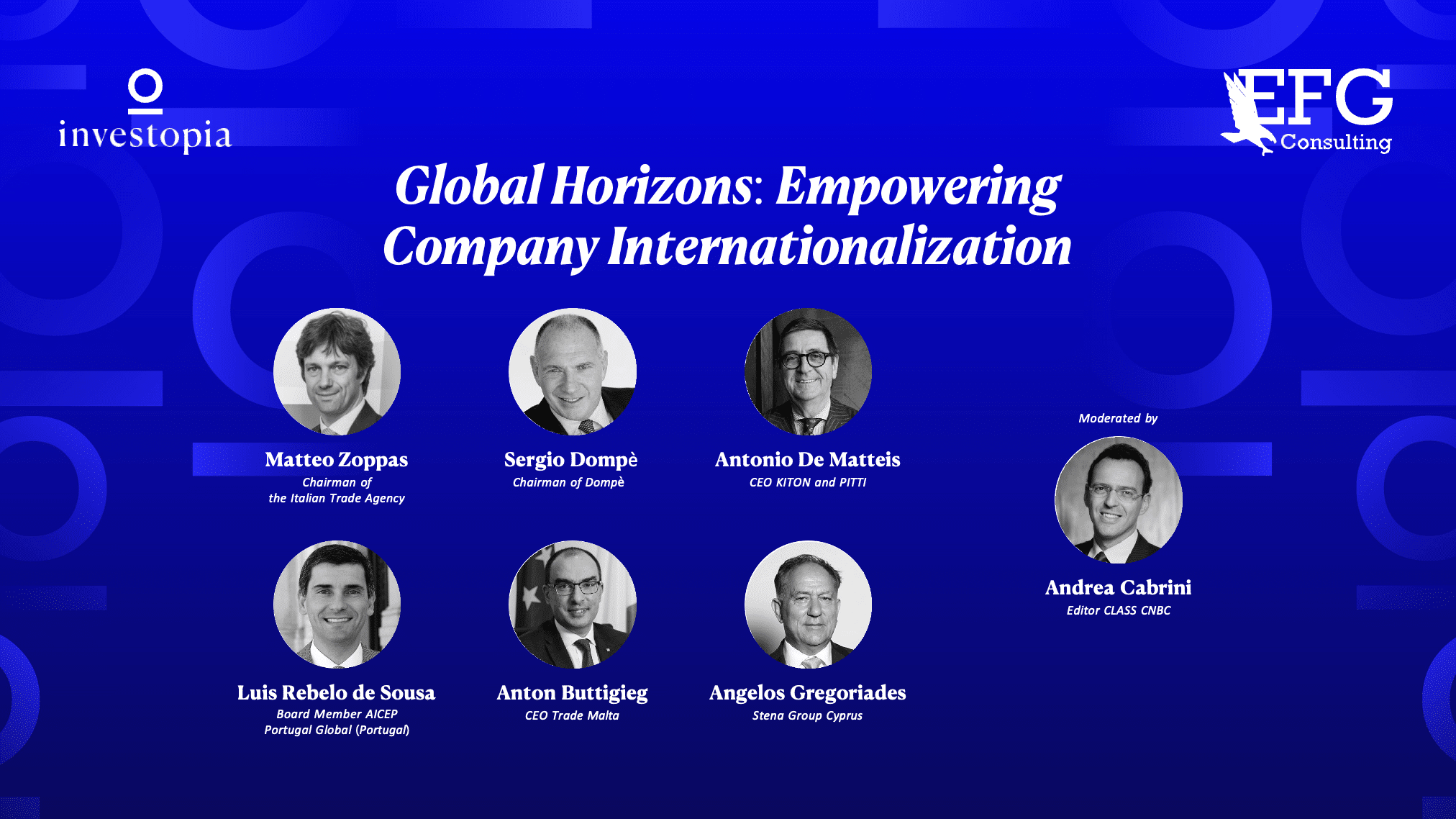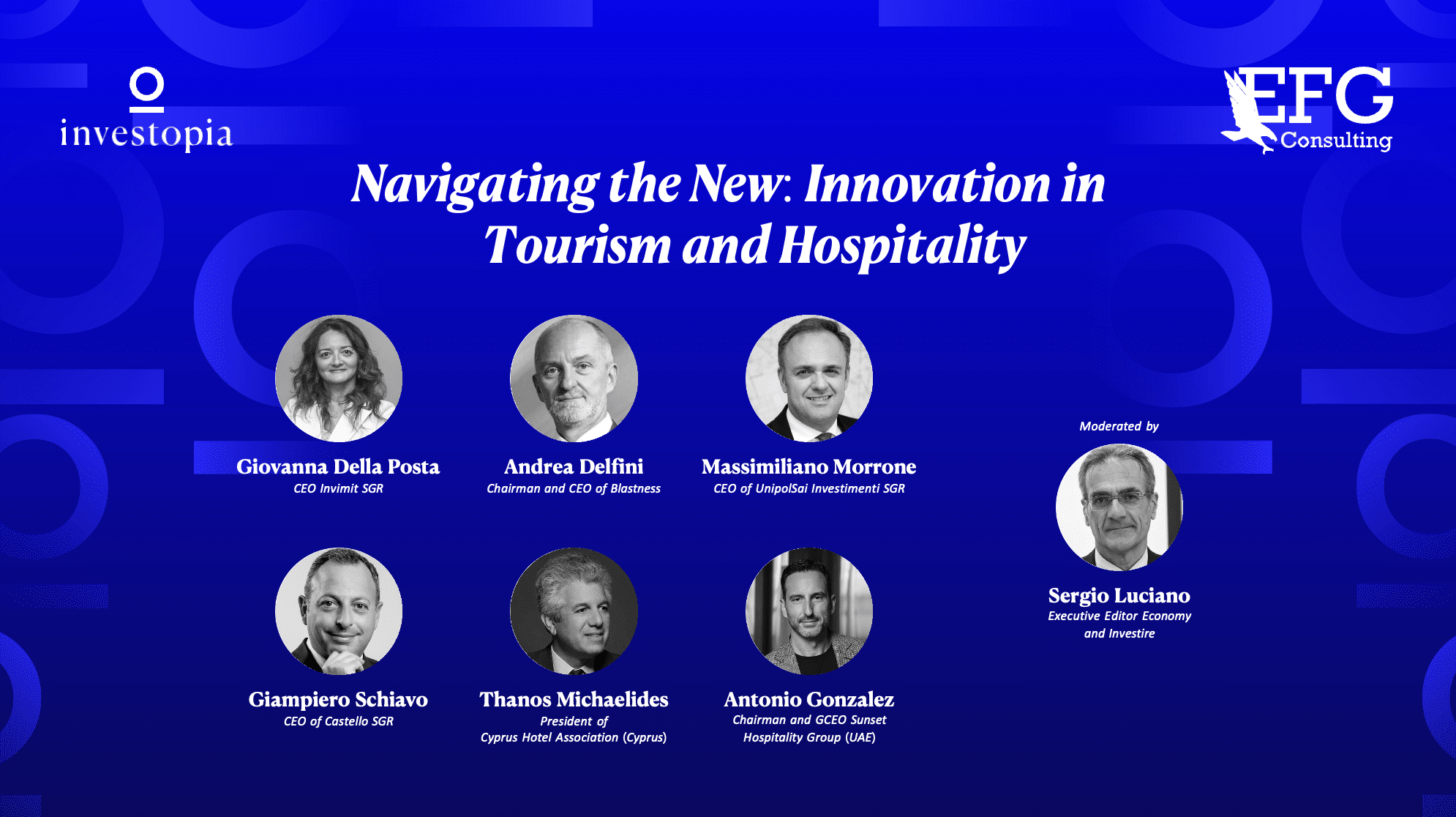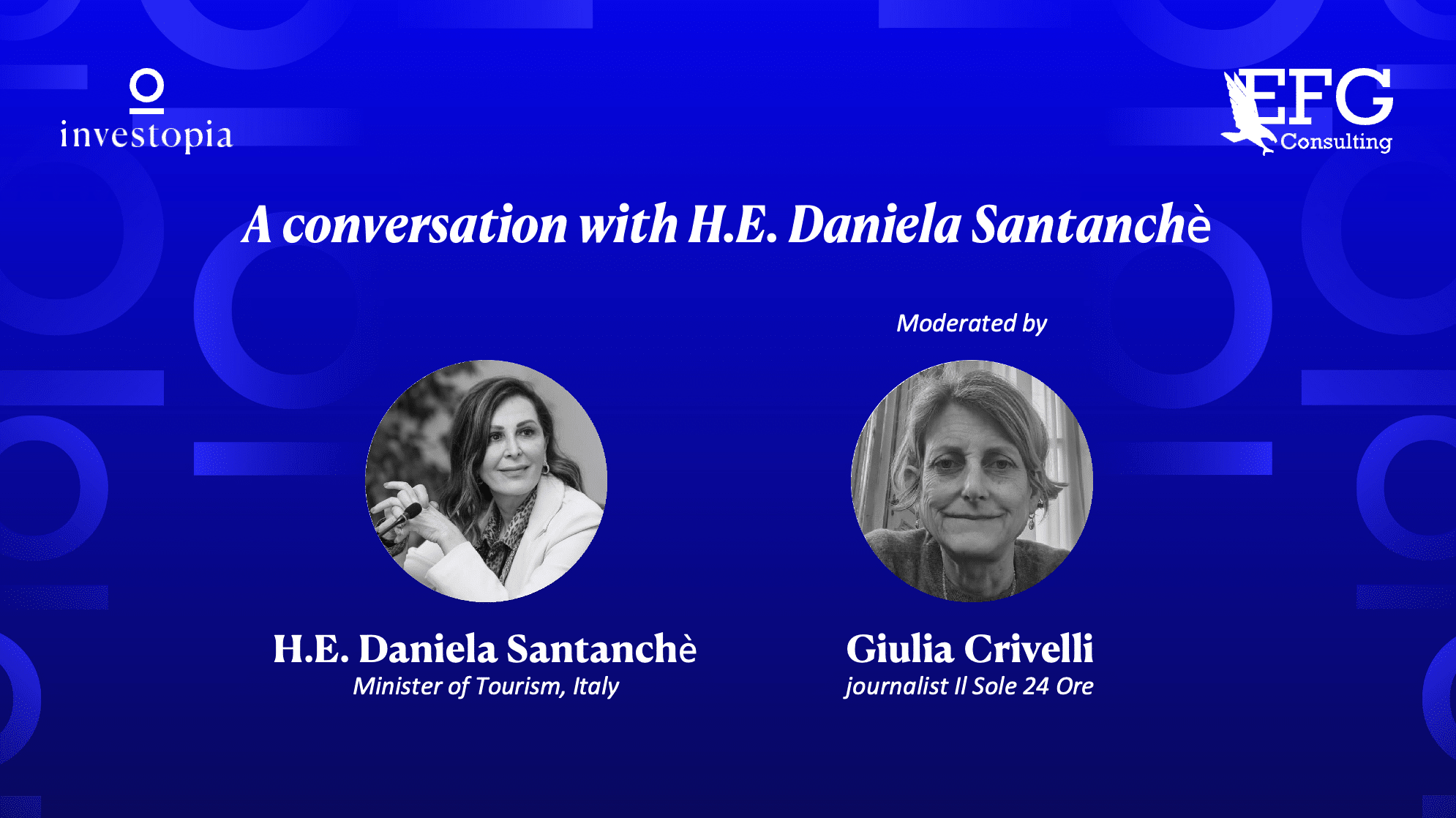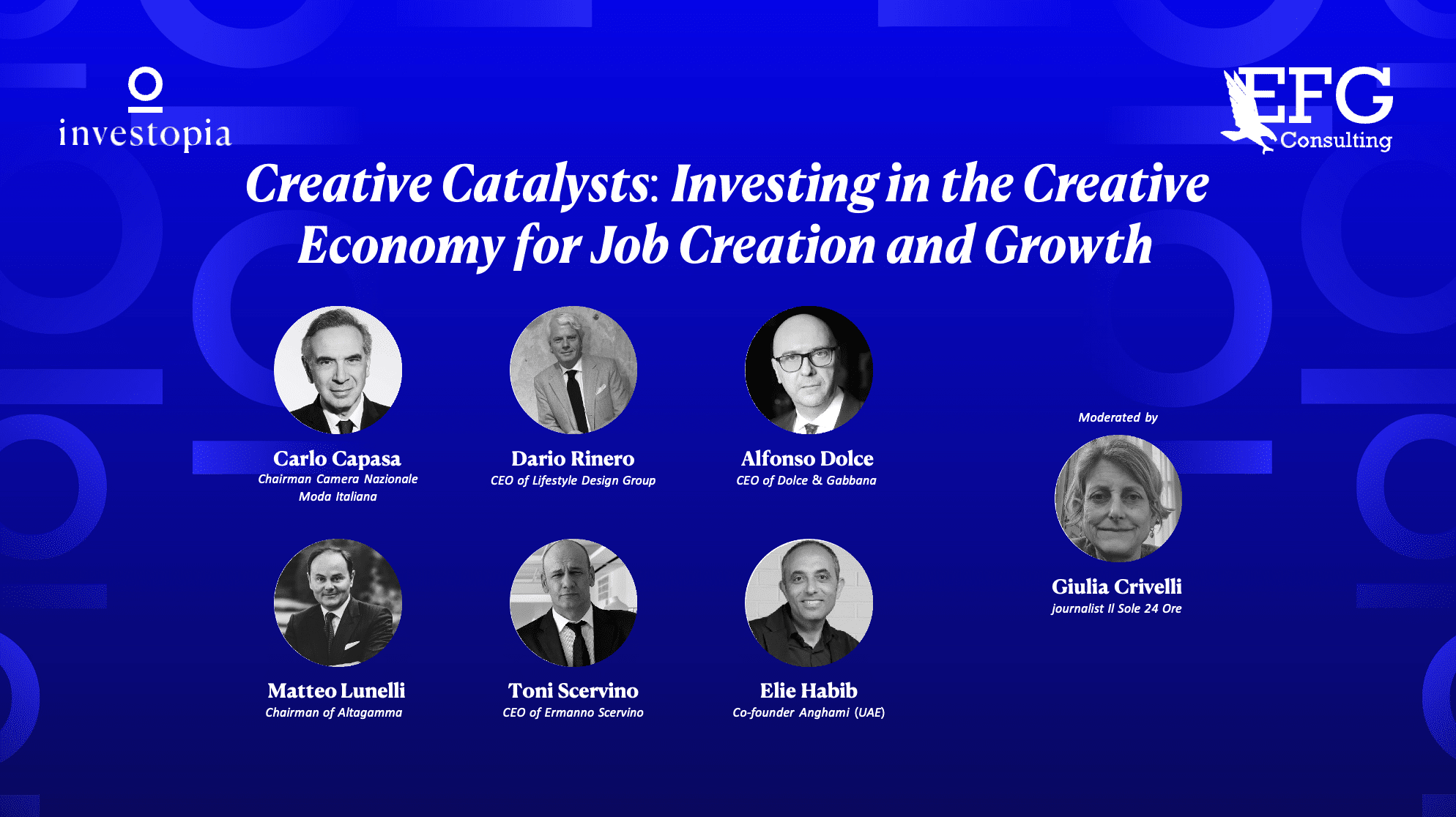Session Speakers:
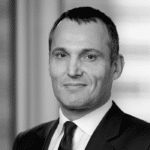
Chris Cox
Global Head of Trade and Working Capital Solutions, Citi
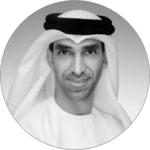
H.E. Dr Thani Al Zeyoudi
Minister of State for Foreign Trade, United Arab Emirates

James Zhan
Senior Director, Investment & Enterprise, UNCTAD

Maria Ramos
Journalist & International News Anchor, TRT World
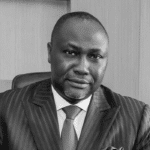
Samaila Zubairu
President and CEO, Africa Finance Corporation
Share
Key Takeaways
- The supply chain architecture needs to be changed to reduce the environmental impact of logistics, particularly with regard to the emission of greenhouse gases.
- The African continent has a crucial role in the supply chain due to its strategic location and abundant mineral resources.
- There is a need to promote job creation and economic growth in Africa by increasing processing activities in the continent instead of exporting raw materials to other countries.
- The UAE has secured three Comprehensive Economic Partnership Agreements (CEPAs), and the country's collaborative and international partnerships will continue to shape its direction.
- The UAE recognizes the increasing political importance of trade and aims to ensure that trade flows through their country amidst a significant reshuffling of the global economic gravity.
- The UAE is committed to sustainability and has partnerships to expand market access while avoiding the cost of global protectionism.
Investopia 2023 concluded with a panel discussion entitled “Beyond Borders: Harnessing the Power of Global Trade for Investment & Growth”. The discussion featured H.E. Dr. Thani Al Zeyoudi, UAE’s Minister of Trade for Foreign Trade, Chris Cox, Global Head of Trade and Working Capital Solutions at Citi, Samaila Zubairu, President and CEO of Africa Finance Corporation, and James Zhan, Senior Director of Investment and Enterprise at UNCTAD, moderated by Maria Ramos, journalist and international news anchor at TRT World.
H.E. Dr. Thani Al Zeyoudi, began by discussing the challenges faced by countries and the need for them to respond to these challenges with investment and choices of where to invest. He noted that the protectionism happening worldwide, accelerated by the pandemic, with many countries moving to autocracy, will cost around USD 3 trillion by 2025 to the global economy, and countries need to ensure they are not affected by this.
H.E. also shared his thoughts on the country’s commitment to openness and economic diversity. The UAE has secured three Comprehensive Economic Partnership Agreements (CEPAs) and is confident that two more will be concluded soon. Dr. Thani emphasized that the stability of the UAE’s social, security, and resource aspects is attracting investors and companies to work there. The UAE’s ecosystem is favorable to businesses, with a strong emphasis on human capital, notably that of Emiratis and talents attracted from abroad, which is crucial for growth. Dr. Thani also highlighted that the UAE was built on collaborative and international partnerships and will continue in this direction.
H.E. also emphasized the importance of getting trade right as it becomes a politically driven topic that shapes foreign policy. He highlighted the major reshuffle in the global economic gravity, and the UAE’s commitment to ensuring trade flows through their country. Al Zeyoudi pointed out the cost of protectionism on the global economy, which is expected to reach USD 3 billion by 2025, making it crucial for nations to avoid being affected. He emphasized the importance of building new partnerships to reshape globalization sustainably and diversify international trade. The UAE’s commitment to sustainability was also highlighted, with 25% of its power coming from clean energy, and the country exporting sustainable products. Dr. Al Zeyoudi expressed confidence in the UAE’s ability to continue to attract investments and grow its trade relationships due to the country’s stable social, security, and resource aspects.
Chris Cox, Global Head of Trade and Working Capital Solutions at Citi, highlighted the challenges from a material and logistics point of view, the associated economic challenges of inflation and banks raising interest rates, and the resulting impact on credit markets. Cox also discussed the importance of digitizing the industry to incentivize logistics and trade and the need for SMEs to have access to financing to remain competitive.
Samaila Zubairu, President and CEO of the Africa Finance Corporation, emphasized the critical role Africa has to play in the supply chain and the transition to clean energy, noting that the continent has vast mineral resources needed for the transition to a green economy. However, Zubairu also highlighted the current supply chain architecture and the need to change it to improve processing and prevent the exportation of raw materials only. More concentric cycles between Africa and other regions are needed to create job opportunities and support the continent’s economic growth.
James Zhan, Senior Director of Investment and Enterprise at UNCTAD, discussed the recent trend of “fra-globalization” (fragmented globalization) driven by several factors and the need for policy-driven investment to push forward sustainable development. Zhan suggested that countries’ investments and sustainability requirements are driving sustainability investments.
In conclusion, the panel discussed the prospects of FDI in the short and long term, with James Zhan feeling optimistic about long-term investments in sustainable development. H.E. Dr. Thani Al Zeyoudi emphasized the need for international partnerships and collaborative efforts to ensure global trade’s success. The panel highlighted the challenges and opportunities in global trade and the importance of collaboration and sustainability in driving future growth.
*Fra-globalization: Fragmented Globalization


